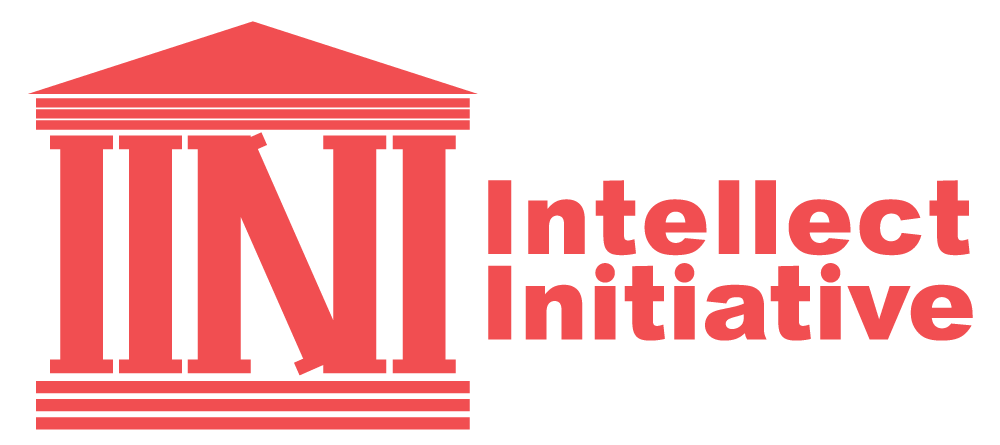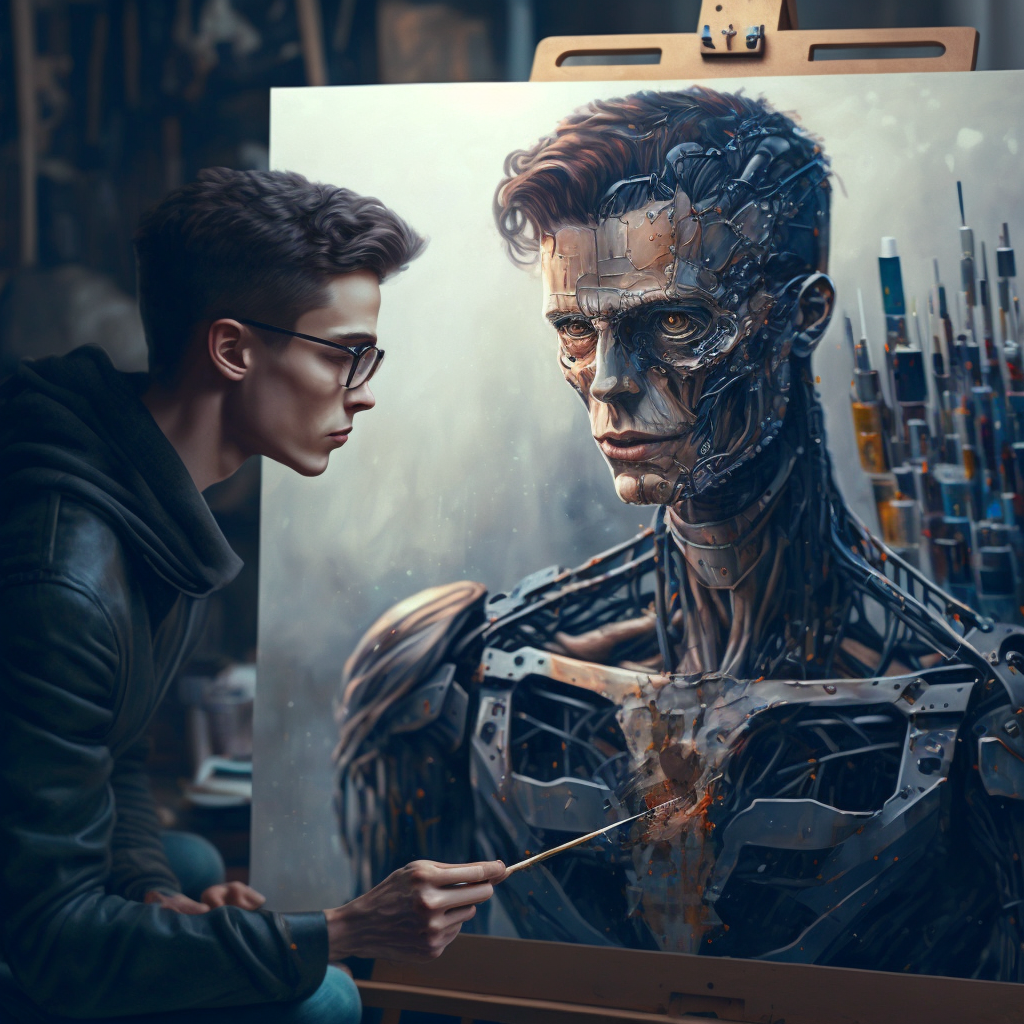The era of artificial intelligence (AI) has dawned upon us, bringing both excitement and apprehension. With rapid advancements in machine learning and automation, the future of work and society is undergoing significant transformation. Amidst these changes, one undeniable truth emerges: human capacity building is the only way for us to not just survive but thrive in this new era of AI.
The Limitations of AI
While AI is capable of performing complex tasks with speed and precision, it still lacks essential qualities inherent to human beings. AI systems are designed to follow pre-programmed algorithms and lack the ability to exhibit creativity, empathy, critical thinking, and emotional intelligence. These uniquely human attributes are vital for tackling the multifaceted challenges that lie ahead.
Preserving Human Relevance
As AI advances, there are legitimate concerns about the displacement of human workers by automation. Certain routine tasks are likely to be automated, but instead of fearing job losses, we must focus on cultivating skills that complement AI technologies. By investing in human capacity building, we can equip individuals with the necessary expertise to work alongside AI, leveraging its capabilities rather than competing against it.
Continuous Learning and Adaptability
Human capacity building fosters a culture of lifelong learning and adaptability, enabling individuals to evolve and stay relevant in the face of rapid technological advancements. By embracing a growth mindset, people can develop new skills, acquire knowledge, and cultivate their intellectual and emotional intelligence. This approach not only enhances their employability but also opens up avenues for innovation and entrepreneurship.
Critical Thinking and Problem-Solving
In an era where AI systems can provide quick answers, human capacity building emphasizes the development of critical thinking and problem-solving skills. These cognitive abilities enable individuals to analyze complex situations, consider multiple perspectives, and make informed decisions. By nurturing these skills, we can ensure that humans retain their role as active contributors to society, addressing nuanced challenges that require ethical and strategic considerations.
Creativity and Innovation
Human creativity remains one of the most remarkable and indispensable attributes. The ability to think beyond the existing paradigms, to imagine and create new solutions, is essential for progress. While AI can generate ideas based on existing patterns, it relies on human ingenuity to push the boundaries of innovation. By encouraging and nurturing creativity, we can harness the power of human imagination to drive advancements in various domains.
Ethics and Social Impact
As AI becomes increasingly intertwined with society, the need for ethical frameworks and a deep understanding of social impact becomes paramount. Human capacity building places a strong emphasis on cultivating ethical reasoning, empathy, and the ability to anticipate and address the unintended consequences of AI technologies. By incorporating human values and social considerations into AI systems, we can ensure their responsible and beneficial deployment.
Conclusion
Rather than perceiving AI as a threat to human existence, we should embrace it as a powerful tool that, when complemented by human capacity building, can unlock a future of boundless possibilities. By focusing on the unique qualities that make us human—creativity, critical thinking, empathy, and adaptability—we can navigate the challenges of the AI era and leverage its potential to enhance our lives. Through continuous learning, ethical reasoning, and embracing innovation, we can thrive in harmony with AI, creating a future that benefits all of humanity.

